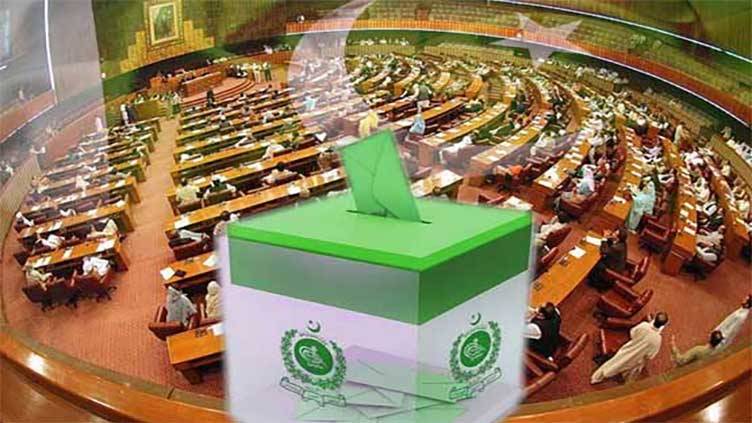Tahir Maqsood Chheena
In Pakistan, the democratic system may exist in structure, but its spirit is frequently compromised by the politicization of state institutions. One of the most glaring examples of this erosion is the lack of neutrality within the country’s bureaucratic machinery. The root cause of this issue lies in the unspoken but well-established relationship between ruling political parties and their loyal bureaucrats. Through strategic appointments and transfers, both federal and provincial governments ensure that their influence runs deep into the administrative framework.
Rather than acting as impartial executors of state policy, many senior civil servants in Pakistan find their positions tied directly to their political affiliations. Officers are appointed to powerful administrative roles—such as secretaries, commissioners, deputy commissioners, assistant commissioners, and district police officers (DPOs)—not based on merit or competence, but on their perceived loyalty to the ruling party. These appointments transform the bureaucracy into a tool for political manipulation, rather than a guardian of the constitution and public interest.
These politically motivated bureaucrats often carry out questionable decisions that serve the interests of the ruling elite rather than those of the general public. Whether it’s bending rules to facilitate unlawful orders or turning a blind eye to electoral misconduct, these officials prioritize political obedience over constitutional responsibility.
This politicization not only compromises the functionality of the bureaucracy but also deeply erodes public trust in democratic institutions. When citizens observe that critical administrative positions are filled by partisan figures, it sends a clear message that the system is rigged. Instead of being seen as neutral arbiters of law and governance, bureaucrats become associated with corruption, favoritism, and misuse of authority.
Please subscribe to the YouTube channel of republicpolicy.com for quality content.
This perception becomes even more dangerous during elections. When the same politically loyal officers are given key roles in managing electoral processes, the entire exercise loses credibility. Voters lose faith in the fairness of the system, leading to decreased participation and growing political cynicism.
Political leaderships across the board have repeatedly shown reluctance to break this cycle. Once in power, they continue the tradition of rewarding loyalty over competence, ensuring that their administrative actions remain unquestioned. This creates a deeply entrenched culture where bureaucrats often seek political patronage for career advancement, and political leaders rely on compliant officials to maintain control.
The consequences are far-reaching. Administrative decisions become skewed, development funds are misallocated, and law enforcement agencies lose their objectivity. In many cases, the bureaucracy begins functioning as an extension of the ruling party’s political machinery, marginalizing opposition voices and distorting the democratic process.
Restoring the neutrality of Pakistan’s bureaucracy is critical to safeguarding democratic governance and constitutional order. There is an urgent need for systemic reforms that prioritize merit, accountability, and independence in civil service appointments. The following measures can play a crucial role in this transformation:
- Transparent Appointment Mechanisms: Establish independent commissions to oversee appointments and transfers of civil servants, ensuring that only qualified and non-partisan individuals are placed in key positions.
- Performance-Based Promotions: Shift the criteria for promotions and career advancement from political loyalty to objective performance evaluations and professional integrity.
- Stronger Oversight by Parliament and Judiciary: Introduce institutional checks where the judiciary and parliamentary committees have the authority to investigate and review political misuse of bureaucracy.
- Civic Education and Training: Revise civil service training programs to emphasize constitutional loyalty, public service ethics, and democratic accountability rather than subservience to political orders.
Pakistan cannot claim to be a truly functioning democracy unless its state institutions, particularly the bureaucracy, operate with impartiality and professional integrity. As long as the administrative system remains hijacked by political interests, the dream of clean governance, free elections, and equal justice for all will remain elusive.
It is time to break the unholy alliance between politics and bureaucracy. The public deserves a system that prioritizes competence over loyalty and service over subservience. Only then can Pakistan build a transparent, fair, and democratic state that reflects the will and welfare of its people.
















